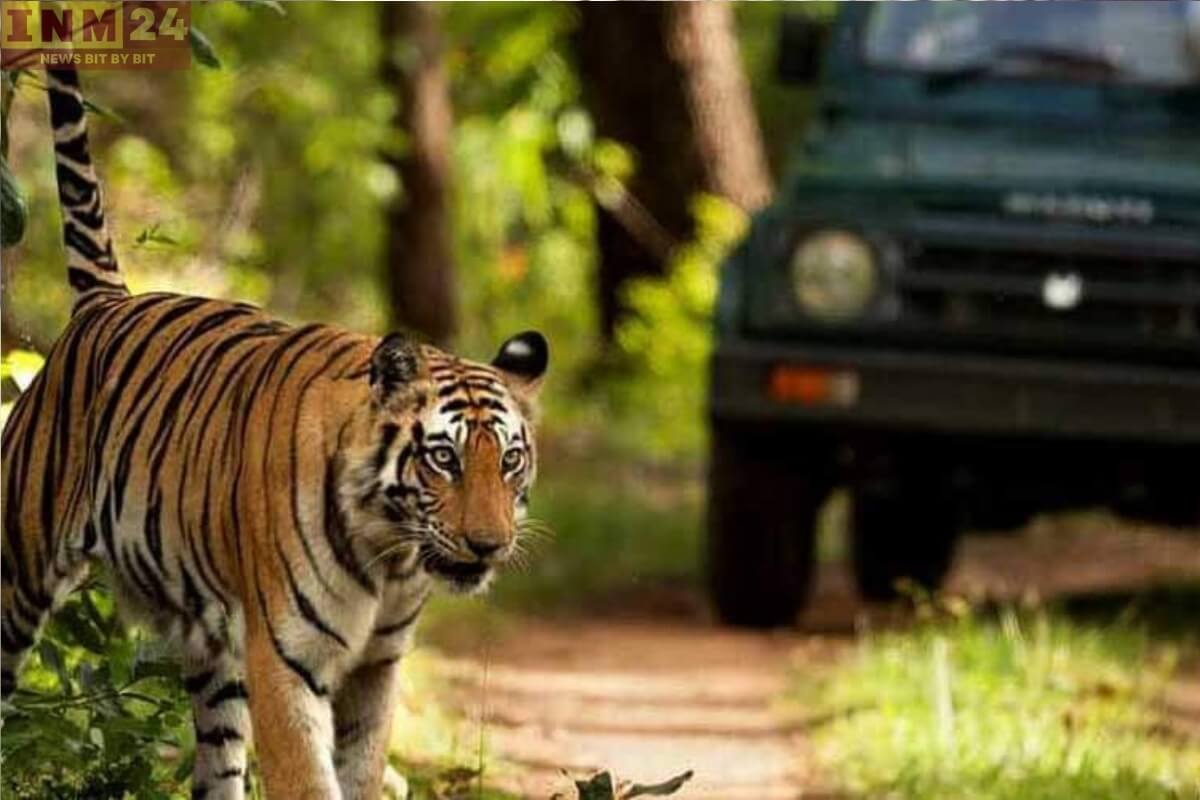In a landmark decision aimed at preserving the delicate ecosystem of one of India’s most renowned wildlife reserves, the Supreme Court has issued a ruling prohibiting tiger safaris in the core areas of Jim Corbett National Park. This move comes as a crucial step towards safeguarding the habitat and ensuring the conservation of the endangered Bengal tiger, which is the park’s most iconic inhabitant.
Balancing Conservation and Tourism in Jim Corbett National Park
Jim Corbett National Park, located in the state of Uttarakhand, is celebrated for its rich biodiversity and is home to a significant population of Bengal tigers, as well as various other species of flora and fauna. However, concerns have been raised in recent years regarding the impact of tourism activities, particularly tiger safaris, on the natural habitat and behavior of these majestic creatures.
The decision to ban tiger safaris in the core areas of the park underscores the Supreme Court’s commitment to prioritizing wildlife conservation over commercial interests. By restricting tourist activities in sensitive habitats within the park, authorities aim to minimize human interference and create a conducive environment for the tigers to thrive and breed naturally.
While the ban on tiger safaris may inconvenience some visitors, it is a necessary measure to ensure the long-term survival of the Bengal tiger population in Jim Corbett National Park. It is essential to strike a balance between tourism and conservation efforts to protect the ecological integrity of the park and prevent further depletion of the tiger population.
Supreme Court Emphasizes Sustainable Tourism and Wildlife Viewing Guidelines
Furthermore, the Supreme Court’s ruling highlights the importance of adopting sustainable tourism practices and promoting responsible wildlife viewing. Visitors to the park are encouraged to adhere to designated viewing areas and follow strict guidelines to minimize their impact on the natural environment and wildlife.
In addition to the ban on tiger safaris, the authorities have also been directed to implement measures to enhance habitat protection and strengthen anti-poaching efforts within the park. These initiatives are crucial for preserving the biodiversity of Jim Corbett National Park and ensuring the survival of its flagship species, the Bengal tiger, for future generations to admire and appreciate.
Overall, the Supreme Court’s decision to prohibit tiger safaris in the core areas of Jim Corbett National Park reflects a commitment to conservation and underscores the importance of protecting India’s natural heritage. It serves as a reminder of the collective responsibility to safeguard our wildlife and ecosystems, and the need for concerted efforts to strike a balance between development and environmental preservation.
